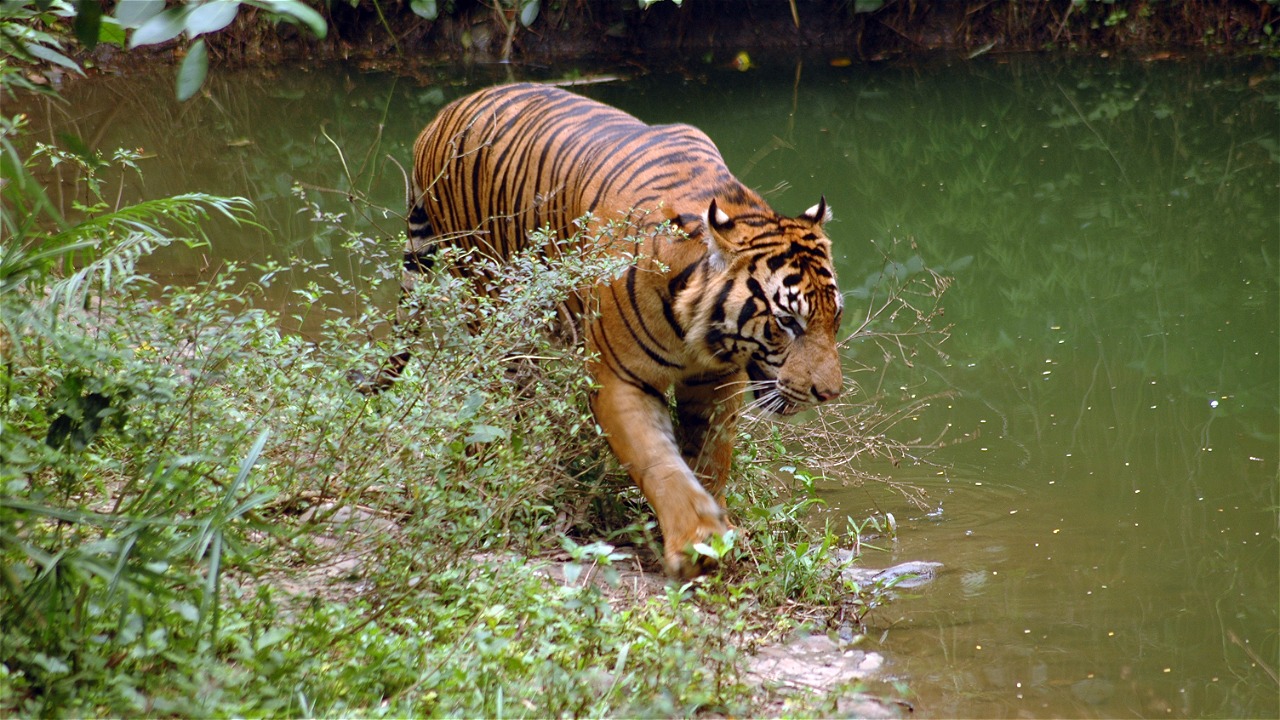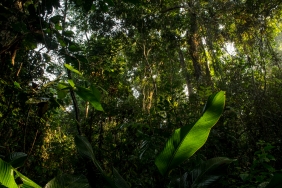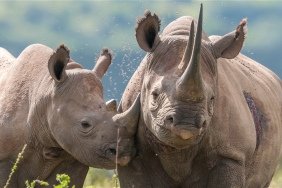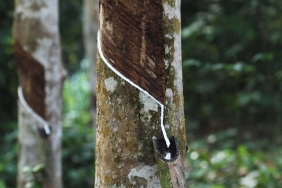PUBLIC PARTICIPATION IS KEY TO SAVING SUMATRAN TIGERS
By; Sela Ola Olangi Barus
Poaching and illegal trade is one of the causes of the declining population of Sumatran tigers. Based on data released by TRAFFIC (an international organization engaged in anti-protected wildlife trade and poaching) in 2007, there were eight cities in Sumatra that openly traded Sumatran Tiger body parts and this number was higher than the 1999-2002 survey. In fact, in 2014 an online website was found selling Sumatran Tiger parts in Indonesia. This illegal activity allegedly continued into 2017 as two suspected Sumatran Tiger skin and bone traders were arrested in Bengkulu in May 2017. The tiger parts are traded for a variety of purposes, such as as a base for making traditional Asian medicines or offset (preserved) as a decorative item and are considered to increase one's status.
According to the book "A Practical Dictionary of Chinese Medicine" (Wisemen & Feng: 1998), tiger bones can be used for making Chinese medicines. Tiger bone parts are processed into traditional medicinal mixtures, wine, and also tonics. However, until now there has been no scientific research that proves the benefits of tiger bones on the human body.
Nevertheless, many people still believe in the myth of the efficacy of tiger bone, causing a high demand and black market in Sumatra. This has led to more illegal poaching of the wildlife, which was designated critically endangered by the IUCN in 2010. If this continues unchecked, WWF predicts that Indonesia will lose these cats in the next 60 years.
There needs to be a series of efforts made to help the Sumatran Tiger survive in its habitat, such as increasing surveillance of Sumatran Tiger habitat areas, establishing forest guard posts. However, stopping this illegal trade activity needs the help of all parties, including you! You can help by not buying traditional medicines that contain tiger products and encouraging people around you not to buy them. In addition, it is important to report if you find any Sumatran Tiger sales networks, both offline and online. The Wildscan or GAKKUM apps can serve as reporting tools. Come on, your participation means a lot for Sumatran Tiger conservation!





